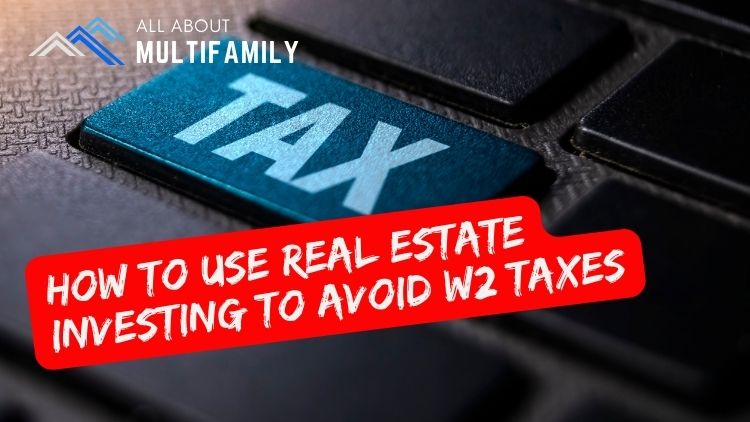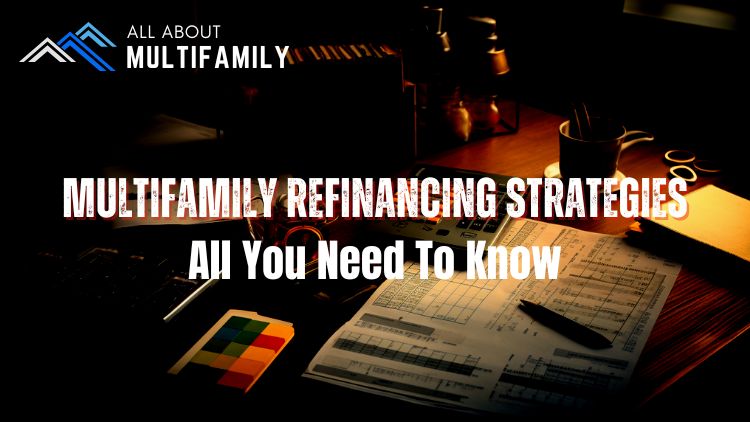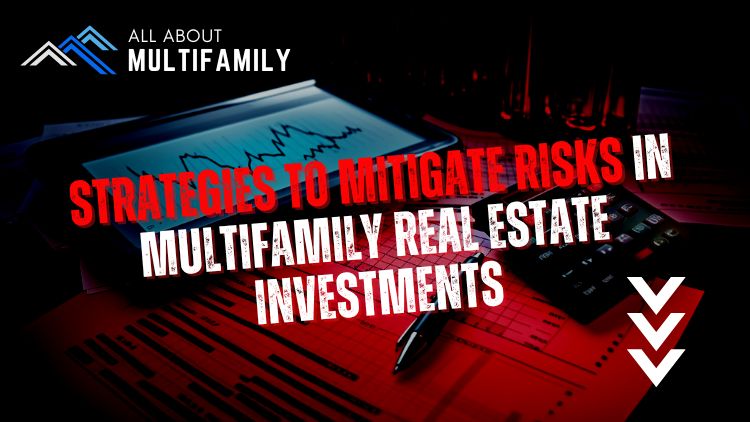When seeking advice and guidance from a real estate investor mentor, asking the right questions can be crucial to gaining valuable insights and knowledge. Here are some questions you can consider asking your real estate investor mentor:
- How did you get started in real estate investing?
- What are the most important lessons you’ve learned from your real estate investment experiences?
- What type of real estate investing do you specialize in (e.g., residential, commercial, rental properties, flipping, etc.)?
- What criteria do you use to evaluate potential investment properties?
- How do you identify emerging real estate markets or opportunities?
- What challenges have you faced as a real estate investor, and how did you overcome them?
- How do you manage risk in your real estate investments?
- What are some strategies for financing real estate deals effectively?
- How do you build a strong network of real estate professionals and partners?
- Can you share some successful deals you’ve completed and the strategies you used?
- How do you handle property management and tenant relations?
- What resources (books, websites, courses, etc.) do you recommend for further learning about real estate investing?
- How do you balance real estate investing with your other personal and professional commitments?
- How do you stay updated on the latest market trends and changes in regulations?
- What are the common mistakes you see beginner real estate investors make, and how can they avoid them?
- How can I best analyze and negotiate real estate deals effectively?
- What are the potential tax implications of real estate investments, and how can I optimize my tax strategy?
- How do you determine when it’s the right time to buy, hold, or sell a property?
- How can I build a real estate investment portfolio that aligns with my financial goals and risk tolerance?
- Can you provide guidance on creating a business plan and setting long-term objectives in real estate investing?
Remember, a real estate investor mentor can offer valuable insights based on their experiences, but it’s essential to listen, learn, and critically analyze the information they provide. Always be respectful of their time and expertise, and consider applying the knowledge you gain to your specific circumstances and goals.
Pros and Cons of hiring a Real Estate Investor Mentor
Hiring a real estate investor mentor can be beneficial for those looking to enter or improve their skills in the real estate investing industry. However, like any investment, there are both pros and cons to consider:
Pros of Hiring a Real Estate Investor Mentor:
- Knowledge and Experience: A mentor brings valuable knowledge and experience to the table. They have likely encountered various real estate challenges and can offer practical solutions and insights.
- Networking Opportunities: A mentor often has an established network of real estate professionals, which can be beneficial for finding deals, partners, and other resources.
- Avoiding Costly Mistakes: Learning from someone who has already made mistakes can help you avoid repeating the same errors, saving you time, money, and potential headaches.
- Customized Guidance: A mentor can provide personalized advice tailored to your specific goals, risk tolerance, and market conditions.
- Confidence and Support: Having a mentor’s guidance can boost your confidence, especially if you are a beginner, and provide support during challenging times.
- Accountability: A mentor can help you stay accountable for your goals and actions, ensuring you stay on track with your real estate investment plans.
Cons of Hiring a Real Estate Investor Mentor:
- Cost: Working with a mentor often involves paying for their time and expertise. This can be a significant investment, especially if you are just starting and have a limited budget.
- Compatibility: Finding the right mentor who aligns with your investing style and values can be challenging. Not all mentors may have the same approach or willingness to assist.
- Availability: A successful real estate investor mentor might have a busy schedule, limiting their availability for one-on-one interactions.
- Dependency: Relying solely on a mentor may lead to dependency, inhibiting your ability to make independent decisions and develop critical thinking skills.
- Market Specificity: Some mentors may specialize in specific markets, which might not align with your preferred investment locations.
- Vested Interests: Be cautious of mentors who might have hidden motives, such as promoting specific products, services, or properties for their benefit.
In summary, hiring a real estate investor mentor can provide valuable insights, guidance, and support, helping you accelerate your learning curve and make more informed decisions. However, it’s essential to carefully evaluate the mentor’s qualifications, compatibility, and potential conflicts of interest to ensure the relationship is mutually beneficial. Additionally, consider whether the cost of hiring a mentor aligns with the potential benefits you expect to receive from their mentorship.














































![An In-Depth Look at Jake and Gino's Coaching Program [A Review]](https://allaboutmultifamilyinvesting.com/wp-content/uploads/2023/10/AAM-BMP-Blog-Covers-750-×-422px-6.jpg)


![Email Marketing Tips for Multifamily Real Estate Syndicators to Raise Capital [Templates included]](https://allaboutmultifamilyinvesting.com/wp-content/uploads/2023/09/AAM-BMP-Blog-Covers-750-×-422px-4.jpg)






![The Richest Kids In America [Book Review]](https://allaboutmultifamilyinvesting.com/wp-content/uploads/2023/09/AAM-BMP-Blog-Covers-750-×-422px-84.jpg)
















